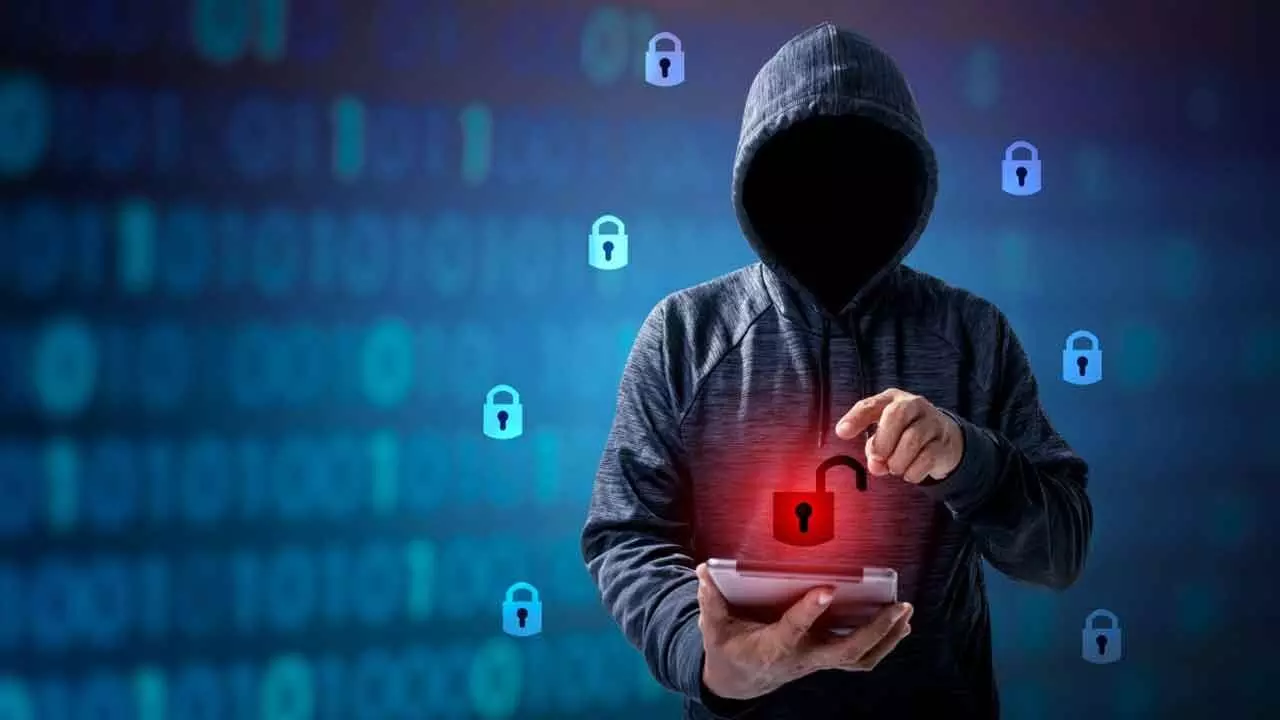‘Stop, think and take action’: Heed PM’s Clarion Call

The deluge of attacks by cybercriminals and their huge success, notwithstanding a plethora of advisories by authorities concerned, India continues to witnesses a large number of people getting conned online. Of late, the burgeoning crime of ‘digital arrests’ is catching even educated class unawares.
At a time when the nation at large seems to have failed to wake up and show a grave urgency to beware of cyber frauds, the Prime Minister, Narendra Modi, himself, stepped in to jolt the nation into a state of cyber alertness. It testifies to the fact that Modi keeps himself abreast of key happenings despite a very tight schedule. He admiringly rose to the occasion and gave a clarion call to the nation to be attentive to the grave online crimes online. He shared his thoughts with fellow countrymen during the 115th episode of Mann Ki Baat on October 27, which is aired on the last Sunday of every month in 22 Indian and 12 foreign languages.
This time, the Prime Minister in an earnest tone told the nation that the cybercrime of “digital arrests” has hit all sections of society, common man to highly educated. He urged India to adopt the mantra of “stop, think and take action” when faced with suspicious messages, calls or emails. While assuring that probe agencies are seized of the issue, he stressed that awareness is key to protecting oneself from cybercrimes.
It may be pointed out that scamsters were able to fleece Indians in at least 11,28,000 incidents over the years. As per the Union Ministry of Home, during January-April this year, its Indian Cybercrime Coordination Centre (I4C) found Indians lost Rs 120.3 crore because of this type of scam. At the recent global cyber security conclave in Hyderabad, an official said that Indians are fleeced of Rs 1.3 lakh to Rs 1.5 lakh every minute online. The recovery rate hardly crosses 20%. Indians totally lost more than Rs 1,750 crore during the period to cybercriminals who also deployed other means, such as: Phishing, Identity theft, Malware, DDoS, Ransomware, Hacking, Fraud, Spoofing, Cyber defamation etc.
In a shocking instance, Oswal, chairman-cum-managing director of Vardhman Group, the largest textile manufacturing group in the country, was also taken into “digital custody” for two days by the fraudsters who posed as CBI sleuths and accused him of being a suspect in a money-laundering case. Receivers are unnerved by their curt tone and tenor, typical of police, of warnings of arrest or legal consequences unless they cooperate. They are tricked into a sense of panic that blocks rational thinking.
“Beware of digital arrest frauds. There is no system like digital arrest under the law. No government agency will ever contact you via phone or video call for such an investigation,” PM Modi clarified in his message, adding: “Follow these 3 steps to stay safe: stop, think, take action. First, stay calm and do not panic. Record or take a screen recording if possible. Second, remember that no government agency will threaten you online. Third, take action by dialling 1930 to connect with the national cyber helpline and also inform police about such a crime.” The PM detailed the steps for the public: contact cybercrime helpline 1930, or http://www.cybercrime.gov.in, file a complaint and inform local police.
Online or offline, we should never disclose sensitive personal or financial details over phone, video calls, or even via email, to unknown persons. In the end, as the PM exhorted, it is alertness alone that helps India stave off cyberattacks. All recipients of suspicious calls should dial 1930 immediately to report on them. Act India, Act Fast. God Speed!

